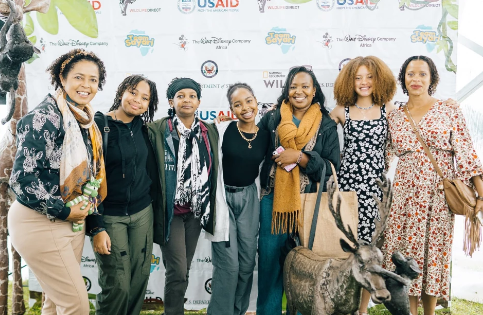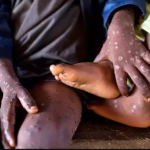Global conservationists, in collaboration with local stakeholders, are engaging younger generations in environmental conservation through educational programs to ensure the future of the field.
In Kenya, the International Children in Conservation Outreach, with support from Kenya Wildlife Service (KWS) and private partners, is focusing on preparing the next generation of conservationists today. This initiative seeks to empower young conservationists across East Africa through film.
To mark two years of the ‘Team Sayari and Nature Positive Kids Outreach Program,’ WildlifeDirect and KWS hosted a Team Sayari Watch Party in Nairobi. The event featured a screening of the “Wild in the City” episode, filmed in Nairobi National Park.
The project is designed to inspire and drive behavioral change in children, aiming to have a lasting impact on the conservation of diverse landscapes and to create meaningful economic opportunities for communities in East Africa.
“We are immensely proud of the achievements of Team Sayari and the positive impact it has had on young people across East Africa,” said Paula Kahumbu, CEO of WildlifeDirect. “This watch party is a celebration of empowerment and dedication to protecting our planet.”
The watch party was attended by conservation educators and leaders who have played a key role in the program’s success.
A diverse group of development, implementation, and production partners has worked together to create a twenty-part television series designed to inspire children aged 7 to 12 to become conservation leaders through engaging educational content.
According to WildlifeDirect, the series, which features 14 child presenters from across Africa, has already reached over 12,000 children in 200 schools and 4 conservation hubs in Kenya, Rwanda, and Tanzania.
The program has successfully motivated children to engage in conservation activities such as tree planting, plastic recycling, and waste management.
“We have noticed a behavioural change in learners. Learners have become responsible. Among them, we have been able to identify leaders,” said Mwanaidi Mwasina, school patron at Kwale School for the Mentally Challenged.
Additionally, 232 teachers across East Africa have been trained in conservation education and provided with supplemental materials, including Fact Sheets, a Teacher’s Guide, and access to the National Geographic Society Resource (NGS) database, to enhance their teaching and environmental awareness. Moreover, 79 schools have received grants of USD 500 each to support various conservation projects, aiming to promote conservation practices among children.



